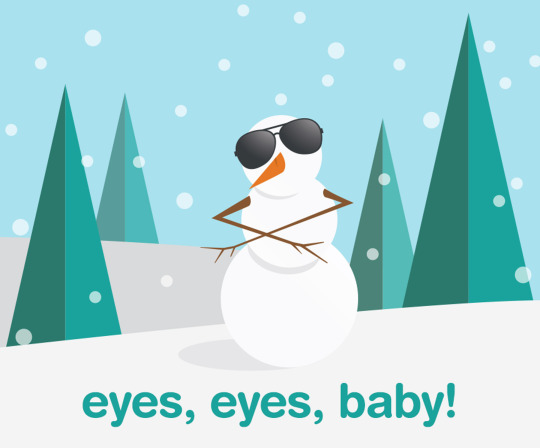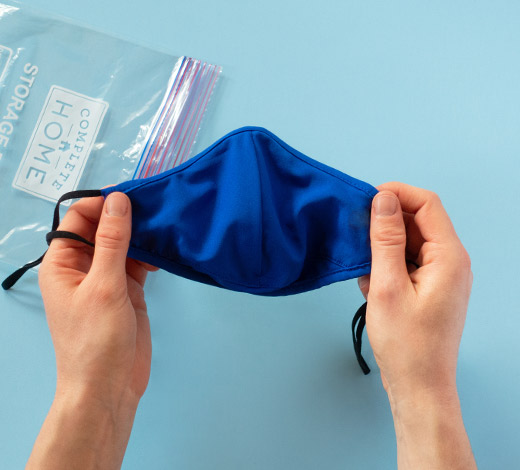
1. The Power of UV
3 in 10 Americans forget to wear sunglasses in the winter.1
However, UV rays are dangerous to your eyes no matter what time of year—they
can penetrate through clouds and fog.
2. Winter Factors
During the winter, the sun sits lower in the sky and is also at a different
angle than in warmer seasons.2 While daylight hours may be shorter,
the distance between you and the sun is closer, which can mean stronger UV
exposure.
3. Snow Glare
Not only is the sun closer, but your overall UV exposure is nearly doubled in
the cold months because snow and ice reflects up to 85 percent of UV radiation.1
Reflected UV light is just as damaging as direct UV light. People who drive or spend
a lot of time outdoors or participate in winter activities such as skiing, snowmobiling
and mountain climbing may be more likely to experience a painful eye condition
known as photokeratitis, or snow blindness.
4.
Dry Eye
Changing temperatures may cause dry eyes, which
occurs when your eye doesn’t produce enough tears to keep the eye properly
lubricated. This can lead to redness and irritation in the eyes. Sunglasses can
help protect winter winds from drying up your eyes.
3
5. Long-Term Damage
While short-term UV exposure can cause bloodshot or swollen eyes and hypersensitivity
to light, long-term exposure can accelerate serious eye health problems,
including cataracts, macular degeneration, abnormal growths on the eye’s
surface or cancers of the eye and surrounding skin.
4,5
UV light can start
damaging your eyes in as little as 15 minutes!4
Use the right
protective eyewear to keep your eyes safe throughout the winter season. For
proper protection, follow these tips from the American Academy of Ophthalmology:5
- Wear sunglasses or goggles that
block 100 percent of all UV light. - Try wraparound styles to help block the sun’s rays from the
side. - Cut down on glare with polarized lenses.
- Be aware that the darkness of the tint does not mean it
blocks more rays. - If you wear UV-blocking contact lenses, you should still wear sunglasses.
Sources:
1 Protection for the
Naked Eye: Sunglasses as a Health Necessity.(2015). The Vision Council. http://nationalsunglassesday.com/sunglasses/wpcontent/uploads/2015/06/VC_UV_Report2015-FINAL.pdf
2 Winter Means
Wearing Sunglasses. (2016). WebMD. http://www.webmd.com/men/features/winter-means-wearing-sunglasses#1
3 Why Should You Wear
Sunglasses In The Winter? (2015, January 23). Retrieved September 09, 2016,
from http://share.upmc.com/2015/01/sunglasses-protecting-eyes-winter-months/
4 Eye Care &
Protection. (n.d.). The Vision Council. Retrieved September 09, 2016, from https://www.thevisioncouncil.org/content/uv-protection
5 Winter UV Eye
Safety. (2014, April 29). American Academy of Ophthalmology. Retrieved
September 09, 2016, from http://www.aao.org/eye-health/tips-prevention/winter-sun-eye-safety


